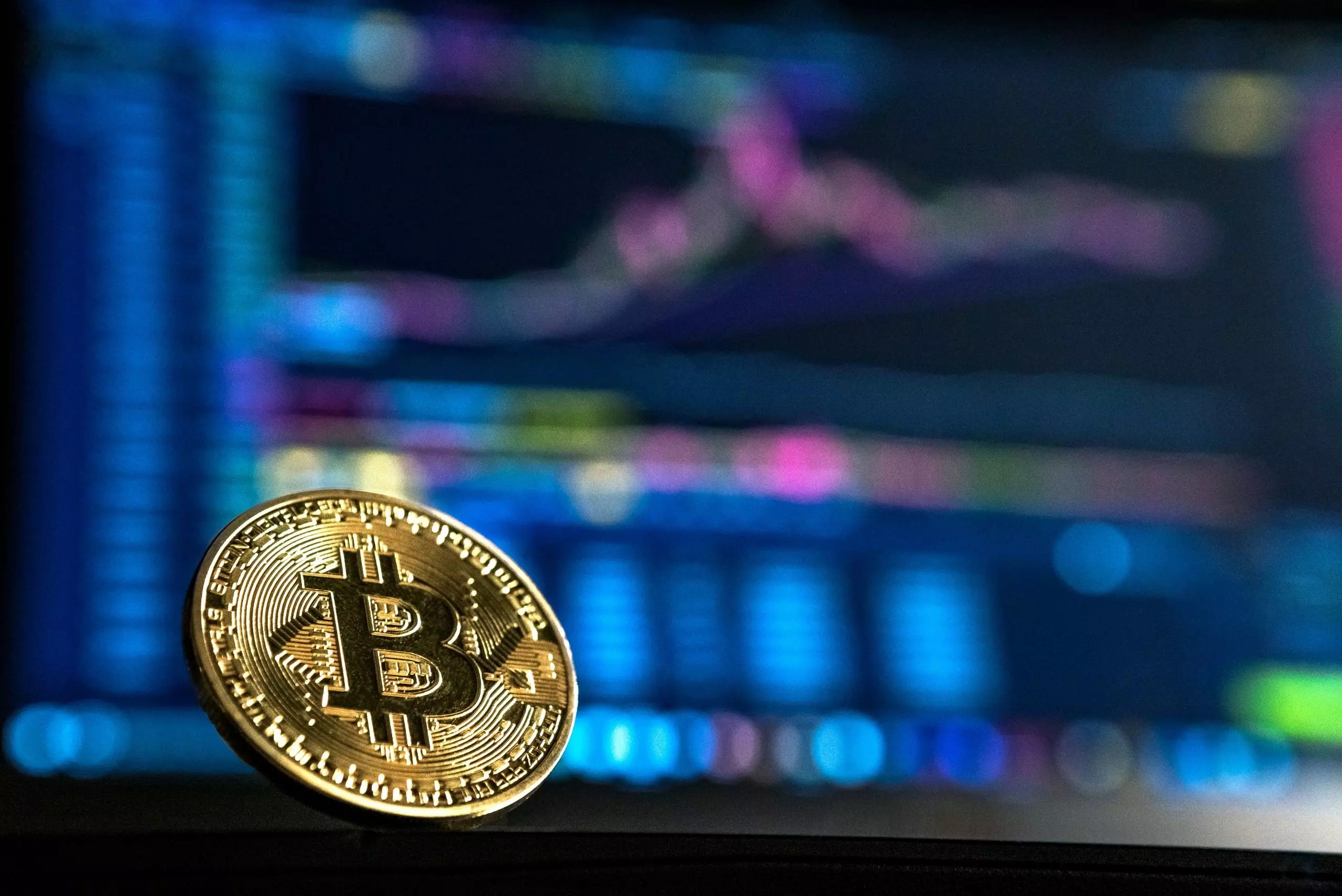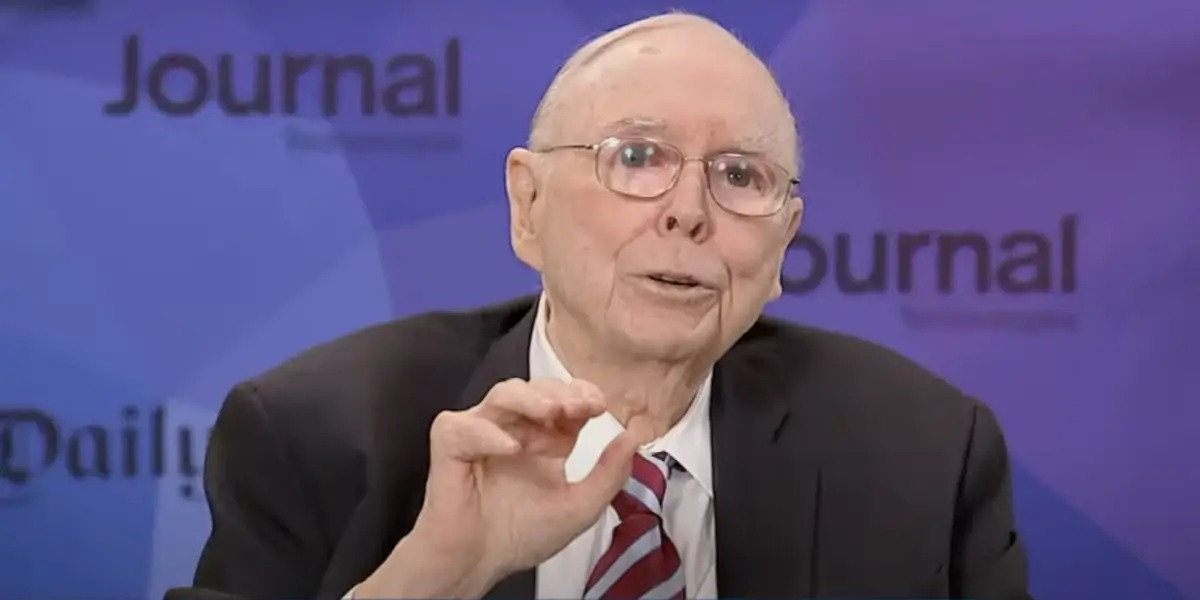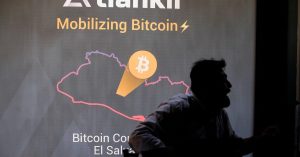
Jack Dorsey led a $6-million funding round for Azteco. The company provides bitcoin vouchers ( BTC). This shows the Twitter cofounder and Block CEO’s commitment to driving advances in the cryptocurrency world.
Azteco was founded in 2014. It claims to have discovered a disparity of access to financial services in the world, with more than 2 billion smartphone users not having regular access.
Azteco claims to have devised an effective solution for this problem by leveraging the potential of Bitcoin as a secure and cost-effective alternative. The company claims that its technology allows the unbanked to store value, conduct transactions, and access credit, without the need for a traditional banking account.
Azteco refers to its vendor sites by the term ‘ATMs without ATMs’.
The company claims that buying bitcoin is as simple as purchasing mobile credits. How it works is that you can either use a credit or cash card to visit an Azteco store. You can purchase an Azteco coupon at the outlet. Then, you can redeem your voucher on their website.
You must enter the Bitcoin address to which you wish the bitcoins to be sent during the redemption process. Azteco will take care of everything else, including ensuring that your bitcoins are delivered to the specified addresses.
Azteco expanded quickly after launching as a small test site in Shoreditch East London. Azteco vouchers are available in 195 countries.
Azteco has stated that in 2019 it will not be requiring Know Your Customer checks. This simplifies the process for those users who are looking to enter the digital currency world. Blockworks has contacted the firm to find out if this is still the case.
Dorsey stated that a deep admiration of their mission was what drove his contribution to Azteco.
The unbanked populace is enormous. We have the resources and technology to close this gap but no one has yet taken the next important step.’ Dorsey stated in a Statement on 18 May.
Azteco provides so much more than access to a safe financial system. It is building an eco-system of financial self determination that is secure and supported locally. He said ‘I am honored to be able to support them.
Paul Ferguson, co-founder of Azteco, said that the funding will act as a catalyst to the company’s efforts in market activation and refinement. Azteco will be able to reach out and engage consumers more effectively, with a focus on Latin America, Europe and the Middle East, and increase their impact within the industry.
The round also included investors such as ALeka Capital, Ride Wave Ventures and Hivemind Ventures.
Dorsey continues to make waves within the crypto industry, despite his well-known involvement. Block, his payments company, made headlines recently by embarking upon a mission to transform the bitcoin mining landscape.
Block’s goal is to disrupt the current status quo of cryptocurrency mining by developing its own specialized hardware.









